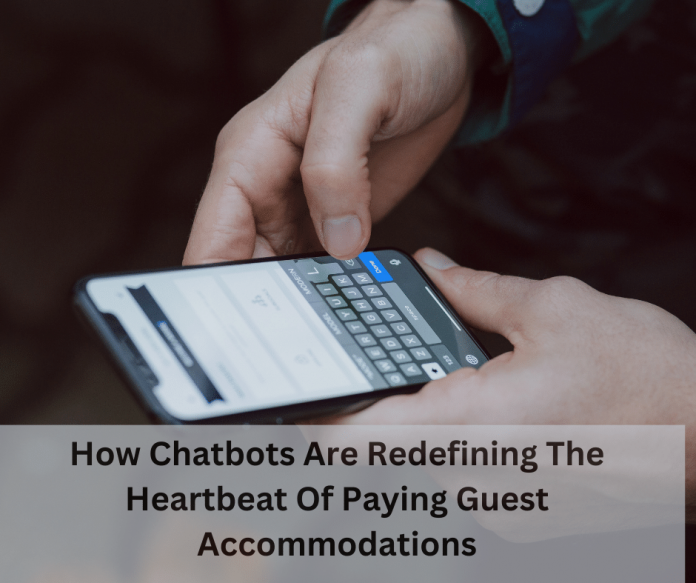Introduction
In an era where technology seamlessly intertwines with our daily lives, ensuring the safety of personal information is paramount. This concern becomes even more critical in the realm of Paying Guest (PG) accommodations, where residents trust providers with sensitive data. Enter chatbots, the digital guardians working tirelessly to safeguard tenant information in PGs.
One of the primary concerns for anyone residing in a PG is the security of personal details. With chatbots, PGs are taking significant strides toward fortifying this aspect of their service. These virtual assistants are equipped with robust security measures, ensuring that sensitive information shared during interactions is treated with the utmost confidentiality.
Chatbots play a crucial role in encrypting and protecting data. When residents engage with these intelligent programs, whether it’s for booking inquiries, maintenance requests, or general queries, the information exchanged is encrypted in transit and at rest. This means that even if intercepted, the data remains unreadable, safeguarding the privacy of the tenants.
Furthermore, the authentication protocols implemented by chatbots add an extra layer of protection. Residents can be assured that only authorized personnel have access to their information. This not only prevents unauthorized access but also builds trust among tenants, assuring them that their personal details are handled with the highest level of security.
In the event of a data breach, chatbots are designed to respond swiftly and effectively. Security protocols include real-time monitoring for any unusual activity, with automated alerts triggering immediate action. This proactive approach ensures that any potential threats are addressed promptly, minimizing the impact on tenant data.
To foster transparency, PGs often communicate the security measures in place through their chatbot interfaces. This not only educates tenants about the robust protective measures but also instills confidence in the reliability of the accommodation provider. Knowing that their data is in safe hands contributes significantly to the peace of mind of residents.
The adaptability of chatbots to evolving security standards is another noteworthy feature. As cybersecurity landscapes change, chatbot systems can be updated and reinforced to meet the latest requirements. This adaptability ensures that PG accommodations stay ahead of potential threats, continuously enhancing their data security measures.
Conclusion
The incorporation of chatbots in PG accommodations goes beyond providing convenience; it extends to guaranteeing the safety of tenant information. Through encryption, authentication, and proactive monitoring, chatbots stand as digital guardians, fortifying the trust residents place in PG services. As the digital era progresses, these virtual protectors will undoubtedly continue evolving to uphold the highest standards of data security in the dynamic landscape of PG accommodations.






